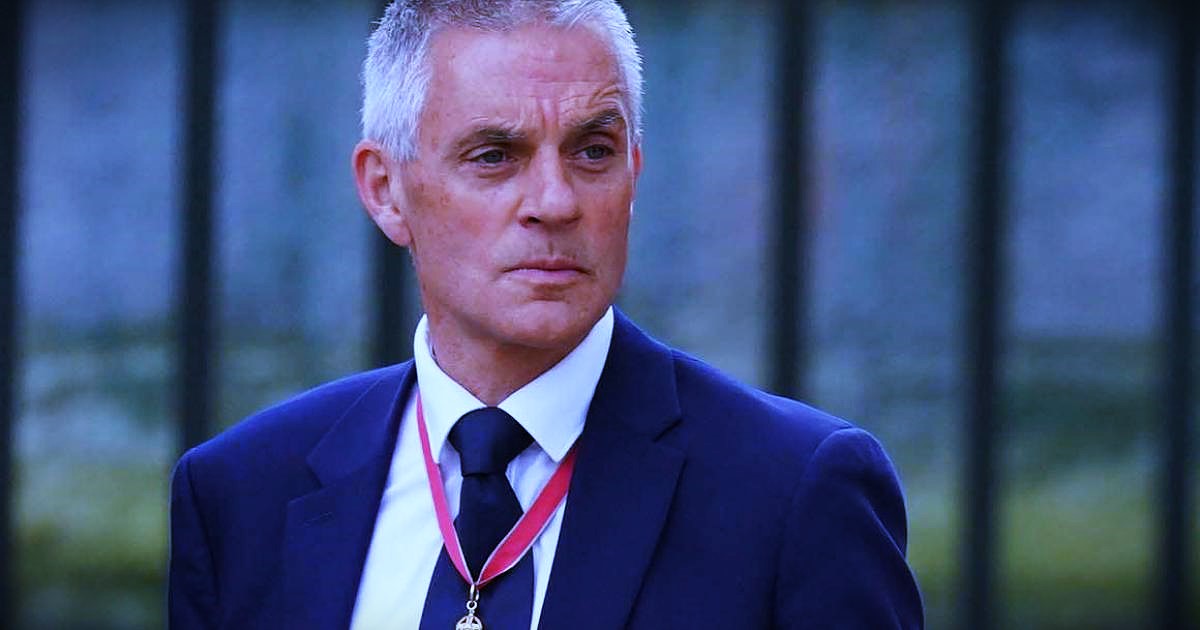The BBC is once again under the spotlight, as critics and supporters alike question its commitment to editorial impartiality in the wake of recent programming decisions and leadership changes. The British Broadcasting Corporation, long regarded as one of the world’s most trusted news organizations, has faced a growing chorus of voices debating whether it has maintained the neutrality its public mandate demands.
At the center of the conversation is the BBC’s evolving news strategy, which some see as a response to the shifting media landscape and political pressure. Recent reports suggest the organization is reviewing several flagship programs, while quietly reshuffling its editorial leadership. These developments follow a series of controversies, including debates over political coverage and decisions around high-profile presenters.
“We take our responsibility to impartiality very seriously,” a BBC spokesperson said in a recent statement. “We’re committed to reflecting a range of perspectives and continuing to evolve in a way that serves all audiences.” However, some media analysts argue that the line between editorial independence and external influence is becoming increasingly blurred, especially in an era dominated by social media-driven narratives and audience polarization.
Founded in 1922, the BBC remains a publicly funded institution through the UK’s license fee system, a model that regularly attracts scrutiny. As consumer trust in media fluctuates globally, the BBC has faced pressure to defend its structure and relevance not just at home, but internationally as its digital services reach millions around the globe.
Despite criticism, the BBC still ranks among the top global news brands in surveys measuring audience trust and reach. According to a 2024 Reuters Institute report, over 50% of British respondents said they still rely on the BBC as a primary news source. The challenge, many agree, lies in maintaining that trust amid political scrutiny and rapidly changing news consumption habits.
Looking ahead, the BBC’s future may depend on how it balances tradition with transformation. Whether it can hold onto its role as a reliable, balanced voice in public discourse will shape not only its reputation, but the broader media landscape.






